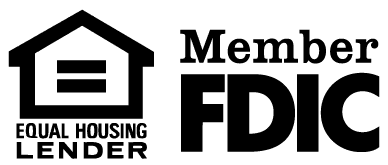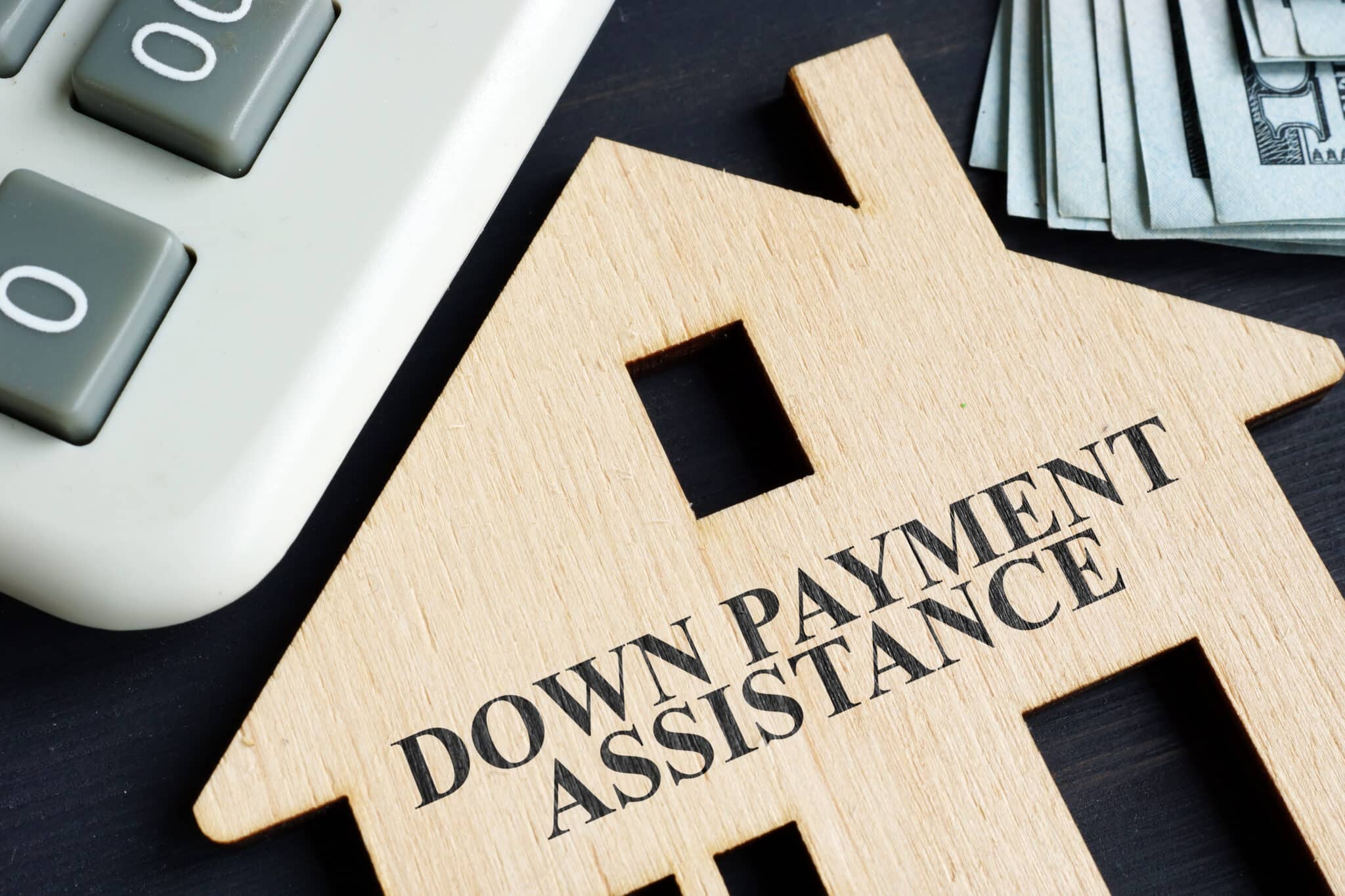Navigating the journey toward homeownership can seem daunting, especially when your faith dictates specific financial guidelines. A Halal Mortgage is a unique option in the Islamic world that allows Muslims to enjoy the luxury of house ownership while being true to their beliefs. Let’s uncover this innovative Islamic finance option, its operations, and how the Murabaha transaction flows into the equation.
Understanding Islamic Finance
Islamic finance is a system revolving around banking, lending, and saving methods in alignment with Shariah, or Islamic law. This system’s guiding principles are formed from the teachings of the Quran, the holy text of Islam. The twin pillars of Islamic finance revolve around joint benefit and loss sharing and the prohibition of accruing or disbursing interest by lending entities and investors. Islamic banks earn profit by equity participation, which calls for borrowers to pay the bank a cut of their earnings rather than charge interest.
Risk-sharing sits at the core of Islamic banking and finance. It positions lending not just as a transaction but as a relationship that, if not correctly handled, can unduly benefit the lender. Therefore, in this system, loans don’t yield interest. Islamic finance’s ethical and financial tenets are garnering global appreciation. It’s a rapidly evolving sector with annual growth between 15%-25%, with Islamic financial institutions supervising more than $2 trillion.
About Halal Mortgage
Halal mortgages are home financing options that adhere to Islamic (Shariah) law and do not include interest payments, which are prohibited by Islamic law and are referred to as “haram.” Devon Bank has been offering Islamic Financing designed to avoid conventional interest common in traditional loans since 2003 for home purchases and refinancing from traditional loans. Our halal mortgage services provide competitive rates and are faith-based driven, allowing our customers to purchase or refinance their homes without compromising their religious beliefs.
The distinguishing factor between Halal and conventional mortgages lies in their structure. Conventional mortgages involve borrowers paying interest as a charge for using the lender’s fund. On the other hand, Halal mortgages abandon interest payments. Instead, they adopt a profit-sharing model where the bank and borrower share the risk and the return on the property. Halal Mortgage establishes a relationship of mutual benefit in which the bank shares property ownership with the client until the loan is fully repaid.
How Halal Mortgage Works
Halal mortgages follow a profit-sharing or lease-to-own model. The first step in the process involves the bank purchasing the desired property. Following this, the bank sells the property to the client at an agreed-upon, often higher, price payable via a series of installments over a predetermined period, thereby neatly bypassing the charging of common interest.
The stages of Halal financing are simple yet effective. Initially, a client pinpoints a property they wish to purchase. The bank buys the mentioned property and sells it at a marked-up value to the client. Over time, the client repays this property’s cost, eventually securing full ownership. This unique approach to property financing ensures a beneficial agreement for both parties, respecting Islamic law’s prohibition on interest.
The Murabaha Transaction
Murabaha, often called cost-plus financing, is a cornerstone of Islamic finance. This commercial exchange process entails the trading of commodities at a cost, incorporating a profitability boundary that both involved entities endorse. The principal significance of Murabaha lies in its commitment to transparency and adherence to Islamic law prohibiting usury (Riba) or deceptive practices (Gharar). As such, it embodies the Islamic economic system’s ethical basis by eliminating uncertain transaction conditions.
Murabaha is a crucial Islamic financing component at Devon Bank due to its transparency and compliance. Our customers can access financing for tangible assets in a Shariah-compliant way. We meticulously follow four principles to ensure the Shariah compliance of our Murabaha transactions.
Firstly, the asset sold must be real and owned by the seller. Secondly, the cost of the asset must be known to the buyer. Thirdly, seller and buyer should agree on the sale and profit margin. Lastly, the agreement must define payment terms, including the number of installments and due dates.
Choosing Devon Bank’s Halal Mortgage
At Devon Bank, we pride ourselves on creating a harmonious balance between Islamic finance principles and modern banking needs. Our commitment is evident in our customer-oriented Murabaha transactions, empowering clients with a blend of ethical and competitive financial solutions. The experience we have cultivated since 2003 manifests our strong foundation as frontrunners in Islamic Financing, Murabaha transactions, and Ijarah leasing.
Choose Devon Bank for your journey in home financing, confident in our tailored, Shariah-compliant solutions without sacrificing affordability. Contact us today and let our expert team help you achieve your financial goals while respecting your beliefs.




